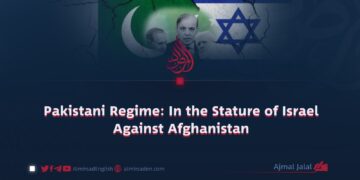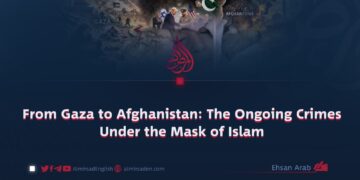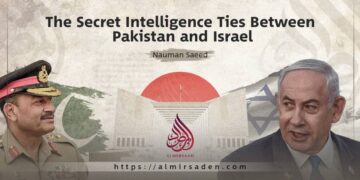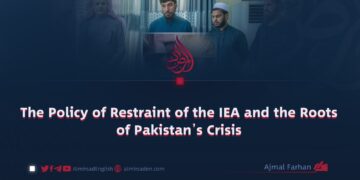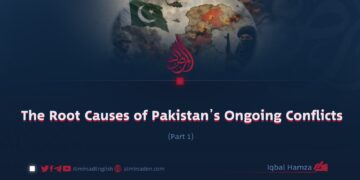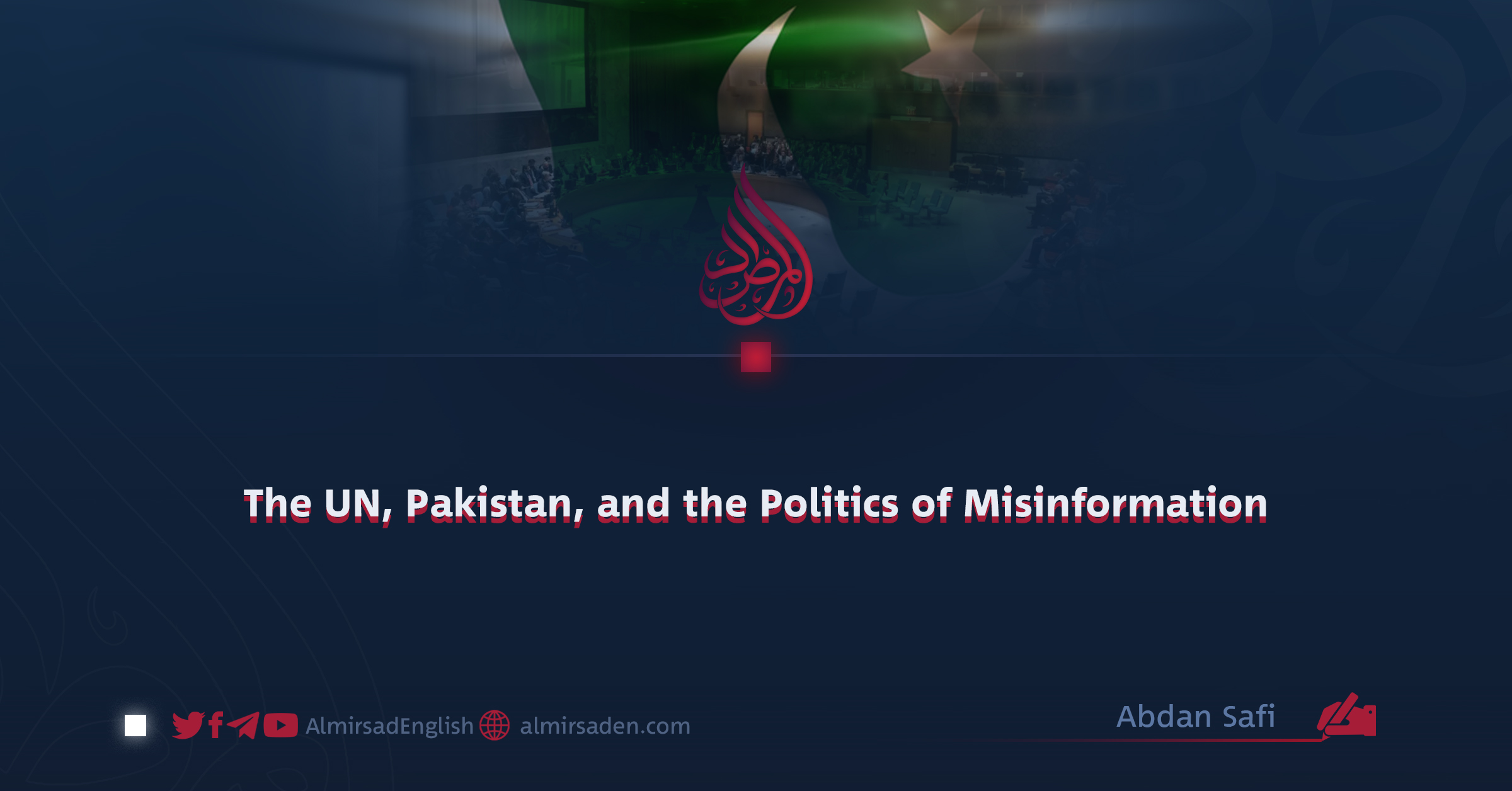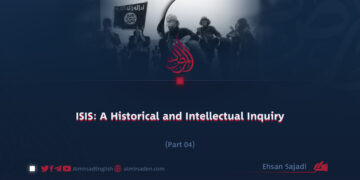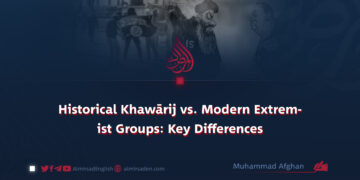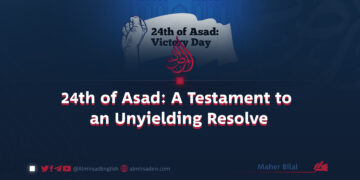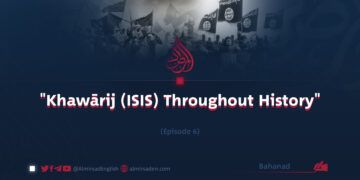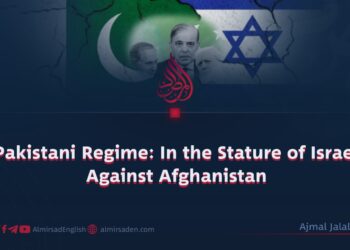Abdan Safi
Across the world, there are individuals and states that repeat claims so often, with such confidence and force, that they begin to blur the line between truth and falsehood even for themselves. Their conscience gradually erodes, and they become captives of the very narratives they have fabricated. Such behavior not only misleads others but also traps its perpetrators in a self-imposed prison of lies, cut off from the light of truth.
Among these stands Pakistan and its state officials, who have made the distortion of reality a permanent strategy. In pursuit of their political interests, they employ every possible tactic to maintain an unending stream of accusations against neighboring countries. For decades, Pakistan has consistently blamed Afghanistan and India for its own failures, using every platform to propagate claims about terrorist groups allegedly operating from Afghan territory. This ongoing campaign seeks to mislead the international community and divert attention from Pakistan’s internal crises.
The Reality Behind Pakistan’s Accusations
At a recent meeting of the United Nations Security Council, Pakistan once again repeated its familiar narrative: that Afghanistan harbors groups such as ISIS, Tehreek-e-Taliban Pakistan (TTP), and Baloch separatists, which allegedly threaten regional and global security.
Yet these cases are not new, nor are they linked to the Islamic Emirate of Afghanistan (IEA). The existence of ISIS, TTP, and Baloch separatist movements predates the establishment of the IEA. Holding Afghanistan responsible for problems older than its current government is misleading and unfair. The IEA has repeatedly declared, and demonstrated in practice, that it does not allow its territory to be used against other nations.
In truth, both TTP and Baloch separatists operate from within Pakistan itself. Many prominent Pakistani politicians have openly admitted in press conferences and interviews that several districts in Khyber Pakhtunkhwa, including Waziristan, Tank, Dera Ismail Khan, Lakki Marwat, and Khyber, are effectively under TTP’s control, where they run a parallel administration.
In Bajaur, local leaders have even held peace jirgas with the TTP, with the approval of Pakistani authorities. Videos of these meetings, widely circulated, provide clear evidence that the TTP is based on Pakistani soil and operates from there.
The Baloch separatists, too, are active within their own territory. In recent years, they have temporarily seized control of major cities and towns in Balochistan such as Panjgur, Kharan, Kech, and Surab. They have blocked highways, intercepted military convoys, and captured Pakistani soldiers on multiple occasions in a single month. Such large-scale operations cannot be launched from across the Afghan border, especially given Pakistan’s repeated claims of having secured that border. These facts point to an inescapable conclusion: the TTP and Baloch separatists are indigenous to Pakistan and act from there.
The Reality of IS-K
The reality of ISIS further exposes Pakistan’s duplicity. The roots of ISIS lie in Pakistan’s Khyber Agency, from where the group later spread into Afghanistan, serving Pakistan’s regional ambitions. Since the return of the Islamic Emirate, however, decisive measures have been taken against ISIS that no other power dared or managed to implement. As a result, ISIS has been virtually uprooted from Afghanistan, with its remnants fleeing back to their original bases in Pakistan.
There, Pakistani intelligence agencies provided them with refuge, reactivated their centers in Balochistan, re-equipped them, and prepared to exploit them once again. Pakistani intelligence even staged arrests of ISIS members, such as Sharifullah alias Jafar and Ozgur Altun, only to later hand Sharifullah over to the United States for financial gain. Moreover, attacks conducted a few months ago on ISIS centers in Mastung, Balochistan resulted in the deaths of many ISIS fighters. The obvious question is: what were ISIS centers and large concentrations of militants doing in Balochistan? Not long after, ISIS itself released a video threatening to retaliate against Baloch separatists for those attacks.
Testimonies of captured ISIS fighters in Afghanistan, published by Al-Mirsaad, further confirm that they were dispatched from Balochistan not only into Afghanistan but also to other regional countries to carry out destructive operations. These revelations clearly demonstrate that ISIS’s operational bases are inside Pakistan, not Afghanistan.
The Role of the United Nations
Why, then, does the United Nations continue to repeat Pakistan’s narrative? The answer lies in the influence of the United States. After its humiliating defeat in Afghanistan, Washington has sought to discredit the IEA through constant propaganda. The UN, echoing U.S. positions, has repeatedly amplified these accusations, not as a reflection of truth but as instruments of political pressure.
It is telling that even American intelligence and independent organizations have occasionally acknowledged the IEA’s effective campaign against ISIS. The difference is that the IEA has acted for the protection of its people, not to earn international applause. Yet the UN consistently relies on reports provided by Pakistan, reports steeped in hostility and bias, while denying Afghanistan the same opportunity to present its case on the global stage.
The Way Forward
If the United Nations is genuinely committed to uncovering the truth, it must not base its assessments on the prejudiced reports of hostile neighbors. Instead, it should establish direct channels of communication with the IEA and seek firsthand insights. Recognizing the IEA’s genuine and effective actions against extremist groups would foster trust and cooperation. Rather than perpetuating baseless accusations, the international community should support constructive engagement, enabling the search for lasting and independent solutions to regional security challenges.













